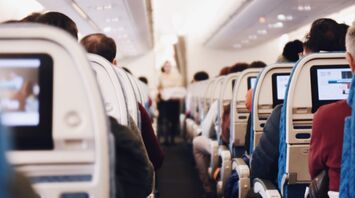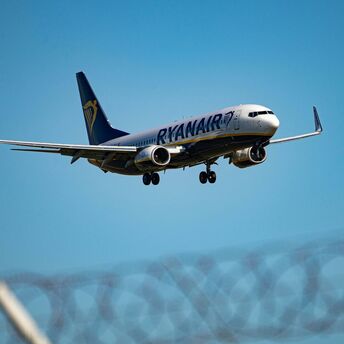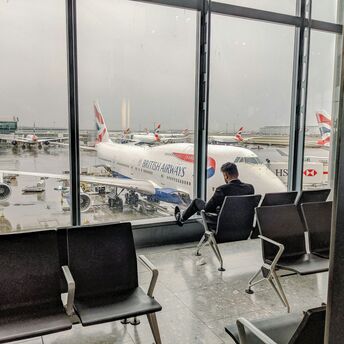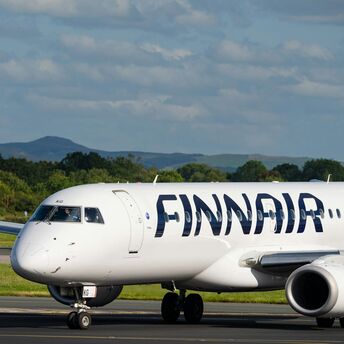Southwest Airlines Abandons Open Seating: A New Era of Assigned Seats and Premium Options

Southwest Airlines, known for its unique open seating system, is preparing for significant changes. Starting next year, passengers will be assigned seats, and there will also be a premium seating option. This marks the first time in the company's history that it is moving away from its hallmark open seating system, fundamentally altering the boarding process.
The announcement has elicited mixed reactions among loyal customers. Some travelers see the advantages of the new system, especially families who can now sit together without the rush. Others believe that assigned seats will help avoid unpleasant situations with choosing leftover inconvenient seats, particularly in urgent trips. If prices remain the same, that's good, but if there is an additional charge for a window seat, it will disappoint many. Many customers feel nostalgic about the democratic nature of the open seating system and even plan to stop flying Southwest. Some see this as a way to earn extra money from passengers, while others are happy with the changes, as open seating reminded them of a bus ride.
Southwest Airlines stated that this move is part of a broader strategic transformation aimed at enhancing the customer experience and returning to profitability after first-quarter losses. The introduction of premium seating will allow the airline to charge extra for certain seats, creating a new revenue stream. Additionally, Southwest will offer overnight flights, with the first scheduled for February 14, 2025, on routes from Los Angeles to Baltimore and Nashville.
Premium Seats and Overnight Flights
The premium seating option is designed to provide passengers with more comfort and convenience, which may attract those willing to pay a bit more for an enhanced experience. The introduction of overnight flights is also a significant step, expanding Southwest's service offerings and catering to passengers seeking night travel options.
The impact of this major transition on Southwest Airlines' customer base and market position will be closely monitored. The shift to assigned seats and premium options may attract a new segment of travelers, while the loyalty of long-time customers will be tested. The success of this strategic transformation will depend on Southwest's ability to balance the needs and expectations of its diverse passenger base.



















